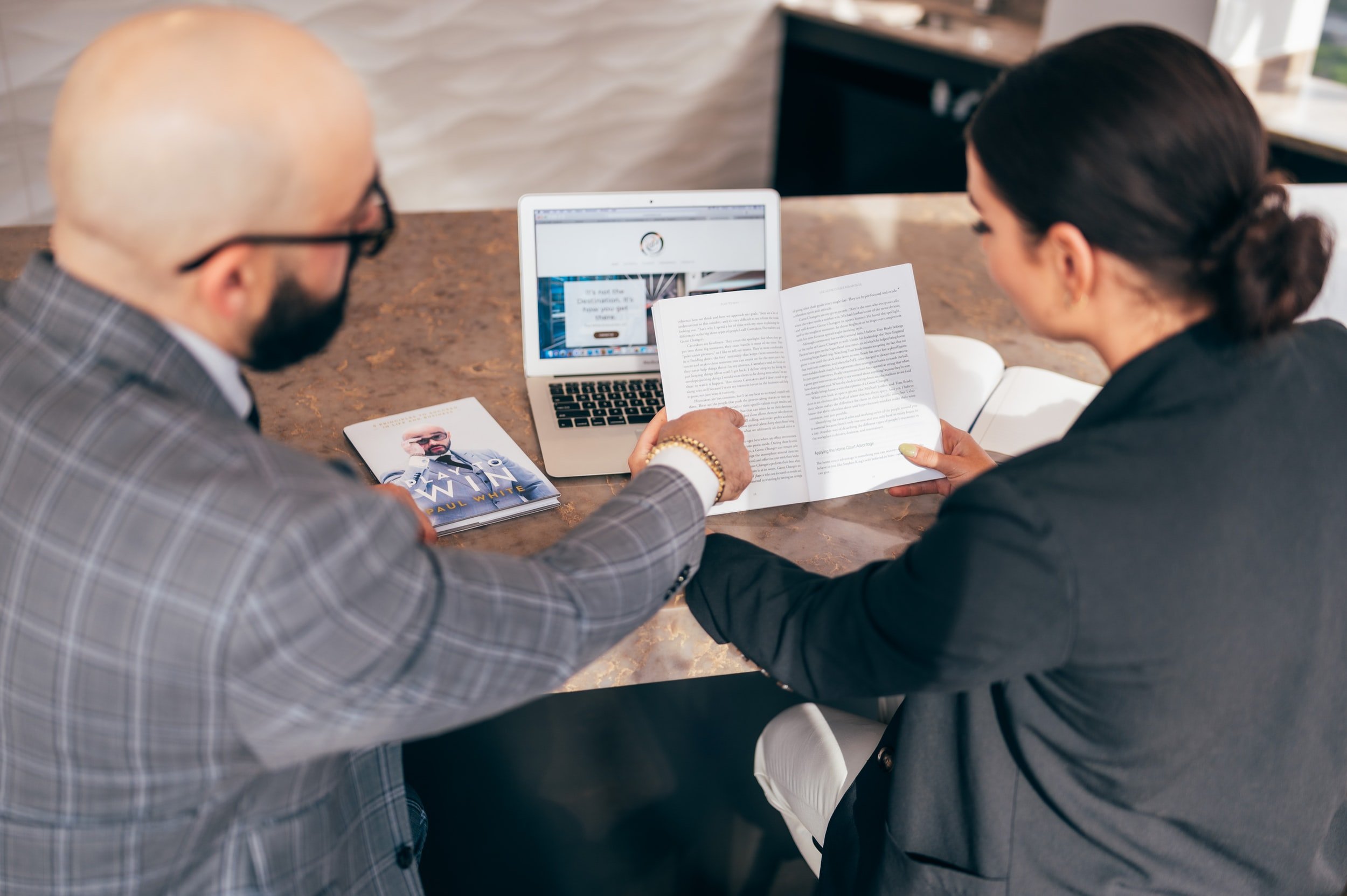Media interviews can help gain positive coverage for you and your company. Journalists hold the key and, if your company’s story gets published, it could lead to more enquiries and sales.
Given the importance of media coverage, it’s essential that, in a media interview, you convey your business as something worth writing about. A journalist is looking to transform the information you give them into a story, so it needs to be clear and compelling.
So how can you make your company sound newsworthy to media?
Here are seven tips we’ve identified to for media spokespeople in journalist interviews:
1. Be focused. Have a key message and stay loyal to it. When a journalist asks you a question, answer it, and bring it back to your core theme. Be a direct communicator, and when you’re finished, ask the journalist, “Did I answer your question? Is there anything else I can tell you?” Also, stop talking when a journalist stops writing. If they’re not taking notes, what you’re saying is unlikely to find its way into their published story.
2. Be flexible. While remaining focused on a key message, don’t be afraid to discuss alternative topics with a journalist if they ask for your thoughts (if you are knowledgeable on those topics). Just don’t get too side-tracked from your main points. It is acceptable to explain to a journalist that you haven’t considered a certain topic enough to discuss it.
3. Be honest. Never lie to a journalist. Don’t fudge, don’t guess, don’t invent. Journalists fact-check. Lying can have major ramifications. Instead, be honest, and say you don’t know, or you will check, or that their question is not a topic you’re qualified to talk about. You can always contact the journalist with an answer later, rather than guessing statistics or situations on the spot. When you do this, a journalist will value your integrity as a source.
4. Be firm. Sometimes journalists might ask you questions regarding sensitive or irrelevant subject matter. If you don’t want to answer a question, use bridging techniques to keep to your agenda. Use language that brings you back to you key messages, like: “Let’s not lose sight of the essential issue, which is…”, or, “What I am prepared to talk about is…”
5. Be careful. “No comment” is a comment. If you don’t want to answer a journalist’s question, remain friendly and helpful. Politely tell them you can’t answer the question and suggest something else to discuss.
6. Be aware. Before the interview, check with your communications team, line managers, and/or clients about what you can and can’t discuss with a journalist. Mentioning a customer who hasn’t given you their approval can jeopardise a relationship. If you’re not sure, you can always tell the journalist you’ll check and get back to them (and make sure you do).
7. Be quotable. You want to give the journalist some great soundbites and statements to take home with them. These will look great when published and will boost attention for your business.
Following these seven tips is no guarantee of great media coverage; for that, you’ll need a compelling story. Keeping these in mind and preparing thoroughly for an interview will give you the best chance of success.
For more information about how we can help you get more media interviews and make the most of them, contact us today.





